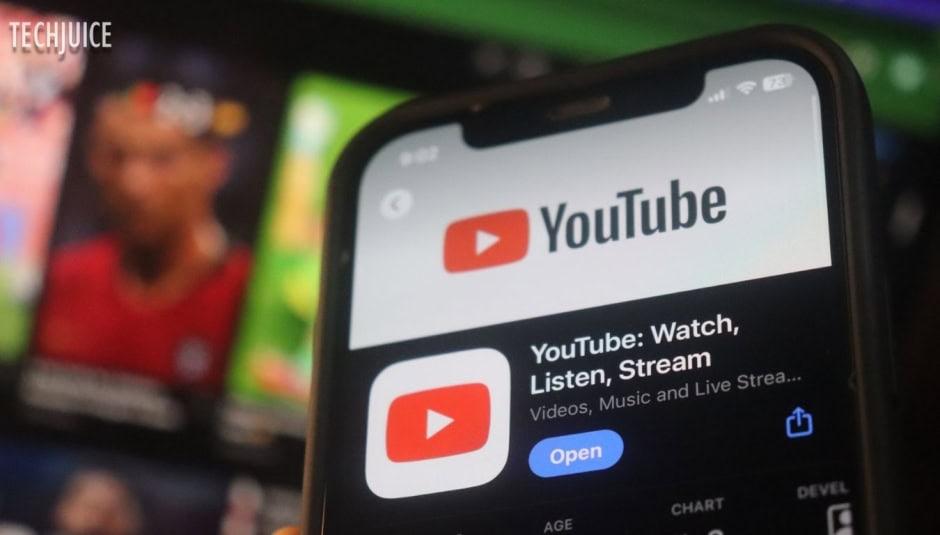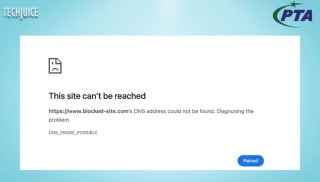This year, AI has been at the forefront of discussions, but alongside its successes, a troubling side has emerged.
Deepfakes and other AI-generated scams are becoming increasingly common. Deepfake videos featuring celebrities are now alarmingly frequent, raising concerns as these impersonations grow more realistic. With the enhanced lifelike quality of these videos, it has become much harder to distinguish them from real content.
YouTube’s Efforts to Combat AI-Generated Impersonations
YouTube is doing more to protect creators and celebrities from having their names used for commercial purposes because of this problem. In order to achieve this goal, the site has partnered with CAA, the Creative Artists Agency. They want to launch advanced detection technologies for AI-generated content together.
Videos that mimic a creator’s voice, facial features, or other aspects of their identity can be easily detected with these tools.
The process for seeking the removal of such unlawful content will be made easier by this development. Launching next year, the program will first target famous people and athletes on YouTube before expanding to include influential producers, influencers, and other industry experts.
With this plan, the streaming giant hopes to address the rising concerns about impersonation and the illegal use of AI-generated characters. In September, YouTube initially announced its intentions to build tools for controlling how creators are portrayed by AI.
In addition, CAA, which represents a plethora of international celebrities, and YouTube have worked together to develop CAAVault. This tool keeps detailed digital records of its users’ voices, faces, and likenesses, creating a database that can be used to find instances of misuse.
YouTube’s Synthetic-Singing Identification Technology
Additionally, YouTube is working on a new “synthetic-singing identification technology” to address the issue of AI being used inappropriately in entertainment. Music companies are increasingly worried about AI-generated content that imitates artists’ vocal performances; this tool seeks to detect and remove such stuff. Lastly, YouTube now requires creators to label material that was created by AI.












